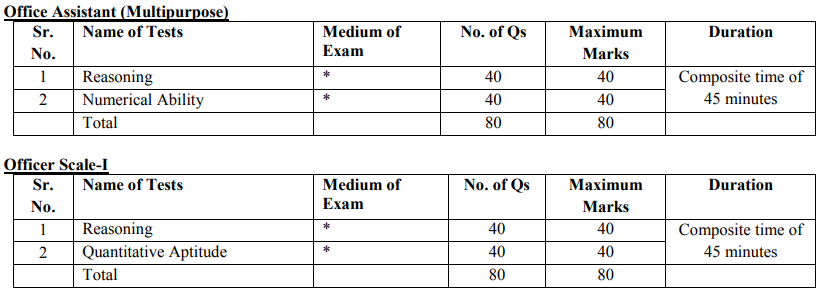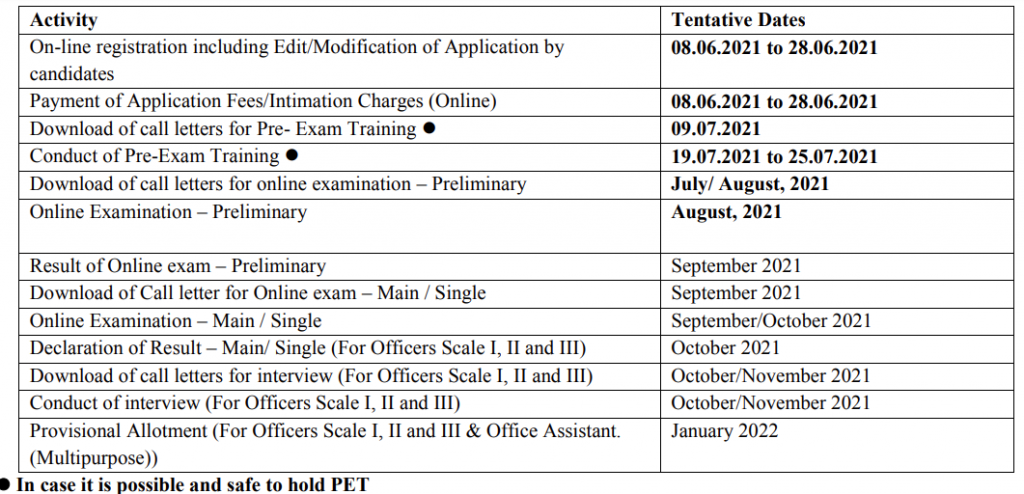Table of Content
St. Louis and Portland, among other cities, have no transfer taxes. If you’re interested in doing a 1031 exchange, talk to your real estate agent, tax professional and attorney first. You would then subtract your $76,000 purchase cost to reach your taxable gain on the sale, Kielty said. The rate of tax is 6.625% on taxable sales occurring on or after January 1, 2018. There is no distinction between active and passive losses for New Jersey purposes. You can deduct federal passive losses in full in the year incurred against any gain within the same category of income, but only in the year that it occurred.

With how complex New Jersey’s transfer tax regulations are, you’ll want an experienced real estate agent to guide you through the process. Our Clever Partner Agents are from the biggest real estate brokerages in the country and can help you get the most out of your transaction. There are lower rates offered to senior citizens, blind, and disabled applicants, which can be found here. In addition, buyers who purchase a home over $1,000,000 will be charged a 1% transfer tax fee. When such a seller eventually files his NJ tax return he is refunded the difference between what was withheld and what was owed. Even if there is no tax liability to New Jersey, an estimated state income tax may be withheld at the time of the closing.
Income Tax Returns
While transfer taxes can't be deducted, they can help lower your taxes since they can be deducted from the total selling price, saving the seller money on capital gains expenses at the end of the year. When a New Jersey resident sells a home, there are income tax implications – which may include the withholding of estimated taxes, known as the exit tax – and New Jersey real estate transaction fees. If the resident single-member LLC elects to file as an individual for tax purposes, the resident single-member LLC is required to complete and sign the GIT/REP-3 form. Check box #1 under seller assurances (I am a resident taxpayer . . .). Real estate transfer taxes are generally paid at the time of closing and should be factored into every seller's budget ahead of time. The total amount of transfer taxes due will be listed on both the seller and buyer's settlement forms.

New Jersey withholds either 8.97% of the profit or 2% of the selling price, whichever is higher, he said. Additionally, you can add any home improvements, renovations or additions you have done to the property to your cost basis, thus further reducing the taxes you’ll owe, he said. There are no special exemptions for parent to child transactions.
I have to sell my N.J. vacation home. What taxes are owed?
A nonresident taxpayer is any taxpayer that does not meet the definition of a resident taxpayer. The form is completed and signed by the buyer, grantee, or authorized representative. The only exception occurs if the property is used as an investment or rental property, in which case the seller could deduct them as a work expense. They’ll work to get you the best deal possible, all for a low listing fee of 1%. What you save from using our service will more than cover your transfer tax fees.

It is for information purposes only, and any links provided are for the user's convenience. Please seek the services of a legal, accounting or real estate professional prior to any real estate transaction. It is not Zillow's intention to solicit or interfere with any established agency relationship you may have with a real estate professional.
New Jersey Sales Tax and You: An Overview
The requirements outlined in the Internal Revenue Service Publication #523 must all be met. However, if your entire gain cannot be excluded from your gross income, you do not qualify for the exemption. The content on this site is not intended to provide legal, financial or real estate advice.
Q. I am about to sell my home in New Jersey and I’m moving to another state, where I will rent. I expect a profit of $400,000 on the sale of my primary residence. You won’t need to worry about the so-called exit tax, which is a tax withholding meant to force out-of-state taxpayers to file a New Jersey return and pay tax due on a home sale, if any, he said. Once you sell your home in New Jersey and are leaving the state, you are technically considered a non-resident. You can then file Form A-3128 to claim an early refund after closing, along with proof of overpayment, he said. DeFelice said although the prepayment obligation is an inconvenience for a seller moving out of New Jersey, the tax is refunded or reduced as appropriate at the time of filing.
Division of Taxation
The estimated Gross Income Tax payment must be included with the GIT/REP-1 form and the deed for recording with the appropriate county clerk. The county clerk forwards the form along with payment to the Division of Taxation. The 1040-ES on the GIT/REP-1 form and the seller's/grantor's payment must indicate the seller's/grantor's Social Security number in order for the payment to be credited to the proper taxpayer's account. A GIT/REP form is a Gross Income Tax form required to be recorded with a deed when real property is transferred or sold in New Jersey. For information about when to use a particular form (GIT/REP-1, GIT/REP-2, GIT/REP-3, GIT/REP-4, or GIT/REP-4a), please see GIT/REP forms. You can better calculate your estimated real estate transfer taxes using this online calculator or with the help of a qualified real estate agent.
Nonresident seller/grantor selling/transferring real property in New Jersey unless they qualify for one of the seller's assurances listed on the GIT/REP-3 form. While many real estate taxes can be deducted at the end of the year, transfer taxes in new jersey are not able to be deducted. Neither the seller or buyer can deduct transfer taxes on their taxes. Most states have a fixed state level tax rate for real estate transfer taxes, but New Jersey has a more complicated approach. New Jersey has different rates set depending on the total value of the home being sold. Filing this form at closing as a New Jersey resident exempts the seller from paying an estimated State of New Jersey income tax at closing, he said.
The trust is responsible for completing the form based on the trust's residency status. The appropriate form is to be completed with the seller's/grantor's information being that of the trust. The trustee or his/her/their authorized representative that is/are required to sign the deed is/are responsible for signing the completed form. The estate is responsible for completing the form based on its residency status.
Unless a sale is exempted/excluded by the Sales and Use Tax Act, New Jersey imposes a tax of 6.625% upon the receipts from every retail sale of tangible personal property. Generally, the maintaining, servicing, or repairing of real property is taxable unless the service results in an exempt capital improvement. A repair service is a service which maintains the existing value of property. A maintenance service is a service which preserves the existing condition of property. A capital improvement is an installation of tangible personal property which results in an increase of the capital value of real property or a significant increase in the useful life of property.
For example, 1031 exchanges are only available on rental properties , so if you want to take advantage of this tax-deferred exchange, you’ll need to convert the property to a rental property first. And you’re limited to doing one 1031 exchange every five years. By making it your primary residence, in two years you’ll be able to sell while taking advantage of capital gains exclusions. The bulk sales law may impose certain tax liabilities on the buyer of business assets, including real property, if proper procedures are not followed to allow the New Jersey Division of Taxation to determine the seller's tax liability . You can qualify for an exemption under Section 121 if the real property being sold or transferred was used exclusively as your principal residence within the meaning of section 121 of the Internal Revenue Code of 1986, 26 U.S.C. s.
The first exemption applies to New Jersey residents and states that all applicable taxes on the gain from the sale will be reported on a New Jersey Resident Gross Income Tax Return, Papetti said. Is a taxpayer listed on a deed as having life estate rights required to complete Forms GIT/REP? Yes, a taxpayer listed on a deed as having a life estate is required to complete Forms GIT/REP-1, GIT/REP-2, GIT/REP-3, GIT/REP-4, or GIT/REP-4a where applicable.














